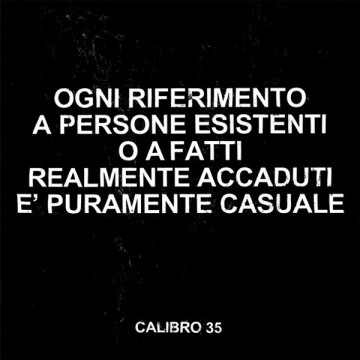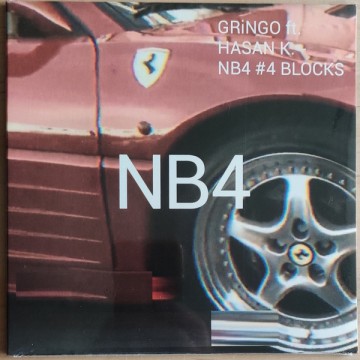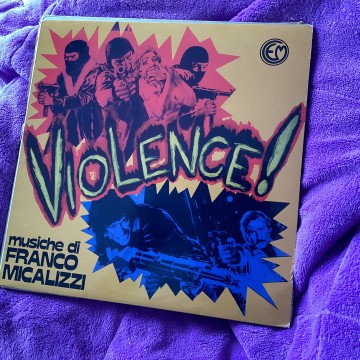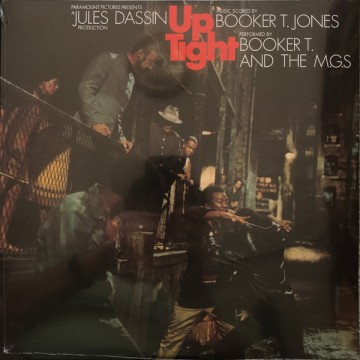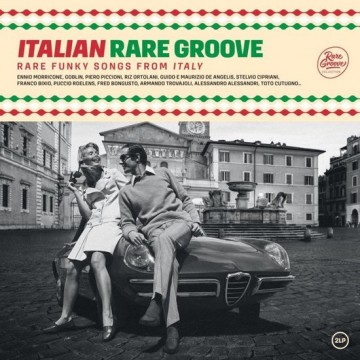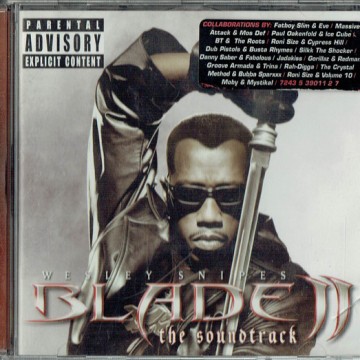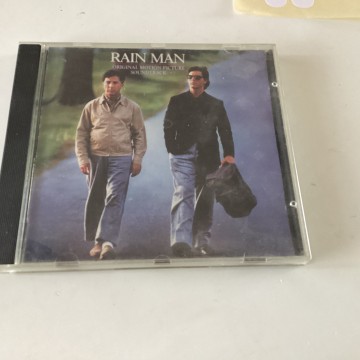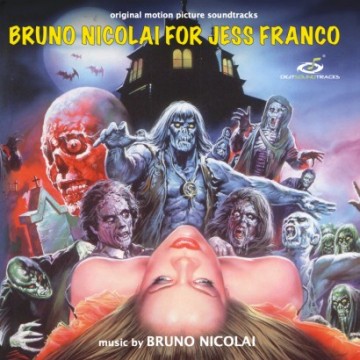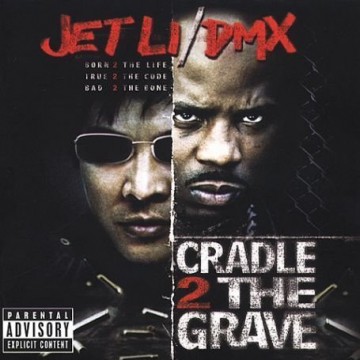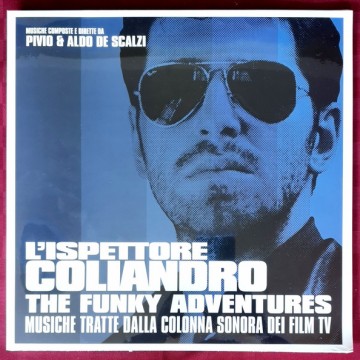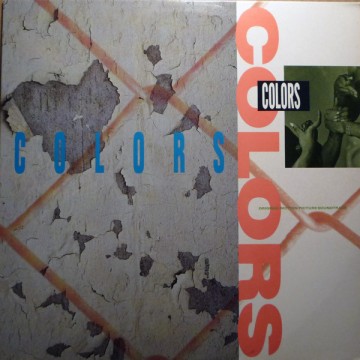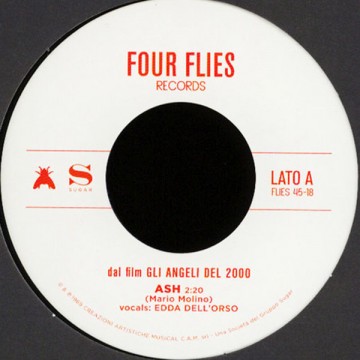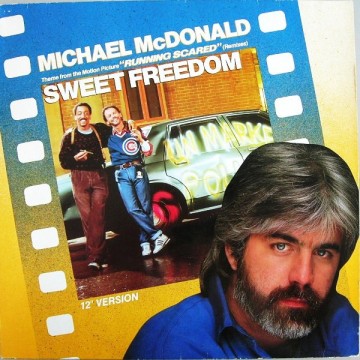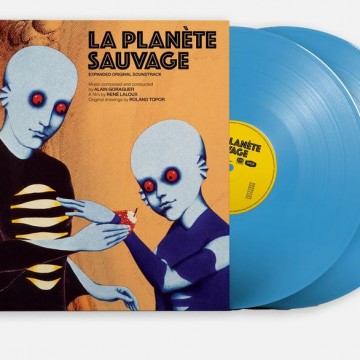Showing all 22 results
26,90€
Operazione Sole” come l’estate, si spera, imminente; “Operazione Sole” come la canzone del 1967 di Peppino Di Capri, considerata, forse a torto, la prima ska in Italia, ma sicuramente la prima a parlare di Giamaica e ritmi in levare.
Il disco che avete in mano vuole essere una testimonianza di quanto i suoni nati a Kingston fra gli anni ’60 e gli anni ’70 abbiano non poco influenzato il pop nostrano.
Con la prima esplosione del reggae in Inghilterra fra il 1968 ed il 1970, nonché con l’assurgere di Bob Marley a fenomeno di culto mondiale, parallelo al fenomeno tutto inglese della Two Tone e del revival ska, l’Italia, sempre attratta dalle nuove tendenze non solo inglesi, non poteva certo stare alla finestra.
Pertanto queste innovative e sconosciute sonorità in levare, derivate dal blues degli anni ’50 e rimescolate in salsa caraibica, hanno preso piede anche nel Belpaese.
Si inizia già nel 1959 con il brano “Nessuno” di Mina, considerabile a tutti gli effetti uno shuffle giamaicano, per arrivare in pochi anni al blue-beat (I 4 di Lucca, Claudio Casavecchi) ed allo ska (Margherita, Peppino Di Capri, Silvano Silvi, Renzo e Virginia) ed essere proiettati al primo reggae (ad esempio Jo Fedeli e la sua versione italiana di “Israelites” di Desmond Dekker).
Si giunge così, rapidamente, alla fine del decennio del boom economico e cambiano la cultura, gli stili, i riferimenti: il tutto diventa più impegnato (a livello culturale, artistico e politico). Dopo una fase di stallo durata più di un lustro, ecco che il reggae di Bob Marley (considerato una sorta di nuovo Messia) conquista il pianeta, Italia compresa: i produttori e gli artisti, anche ad alto
livello, per qualche anno non rimangono affatto indifferenti a questa novità e decidono di introdurre il “levare”, in primis il reggae, nei vari repertori pop: nomi conosciutissimi come Loredana Bertè, Mario Lavezzi, Rino Gaetano, Ivano Fossati, Ilona Staller, Adriano Celentano, Edoardo Bennato (giusto per elencarne alcuni) si buttano a capofitto in nuove avventure sonore, in maniera sì pionieristica, ma spesso con ottimi risultati.
La raccolta “Operazione Sole” vuole prendersi il merito, invece, di proporre e far scoprire artisti meno conosciuti (fatta eccezione per Gino Santercole, già sodale e parente de Il Molleggiato), spesso delle vere e proprie meteore nel panorama musicale italiano, che hanno cercato di ottenere (o raggiungere nuovamente) il successo adattando il pop tanto in voga in quegli anni ai nuovi suoni black imperanti in occidente.
Siamo nei primi anni ’80 e si va dal reggae più classico, alla italo-disco contaminata dal dub sino alla verace napoletanità che, in più di un’occasione, nel suo essere endemicamente “nera” e piena di groove, ha strizzato l’occhio agli accordi made in Kingston e London.
“Operazione Sole”: una piacevole opera filologica, ma avvolta da un
altrettanto piacevole aura di disimpegno.
Acquista
34,90€
Vinyl, LP, Record Store Day, Compilation, Limited Edition, Reissue, Remastered, Stereo, Orange Solid
Country:
Europe
Read More
39,90€
Limited Edition 300 copie
Bruno Nicolai – Bruno Nicolai for Jess Franco
UNA VERGINE TRA I MORTI VIVENTI
LA COLONNA SONORA
Il lato A si apre con un tema sospeso e misterioso caratterizzato da un’introduzione di arpe con eco e celesta, per poi svilupparsi in un motivo caotico, ritmico e moderno, ma dal sapore sacro dato dall’organo liturgico. Questa colonna sonora presenta numerosi brani di musica atonale per archi con l’aggiunta di chitarra elettrica distorta. Bruno Nicolai ha scritto un meraviglioso tema d’amore per la protagonista, un motivo dolce e malinconico interpretato dalla voce di cristallo di Edda Dell’Orso.
REGIA E CAST
Diretto nel 1971 da Jess Franco
Cast: Christina Von Blanc, Howard Vernon, Britt Nichols, Paul Muller, Anne Libert, Jess Franco.
TRAMA
Christine, orfana di madre, si reca in un misterioso castello, ritenuto disabitato dalla gente del paese, dove incontrerà per la prima volta la sua famiglia per la lettura del testamento del padre, morto suicida. Al suo arrivo, la ragazza viene accolta da una serie di bizzarri personaggi: un servo quasi muto, uno zio cinico che suona il piano mentre la moglie sta morendo, una zia sadica, una cieca veggente e un’amica dello zio. Christine viene nominata unica erede e convince i suoi familiari a restare al castello, ma una serie di allucinazioni e le apparizioni del fantasma del padre mineranno la sua sanità mentale.
99 DONNE
LA COLONNA SONORA
Bruno Nicolai ha scritto e diretto una colonna sonora sinfonica che alterna momenti misteriosi, drammatici e d'azione ad altri romantici e sensuali caratterizzati dal sax e l'orchestra, che riprendono variazioni strumentali della canzone "The day I was born".
REGIA E CAST
Diretto da Jess Franco.
Cast: Mercedes McCambridge, Maria Schell, Rosalba Neri, Maria Rohm, Herbert Lom, Jess Franco.
TRAMA
In un’isola sorge un penitenziario femminile gestito da una spietata aguzzina. La donna tortura le prigioniere e nello stesso tempo costringe le più giovani e belle a concedersi al governatore dello Stato. In seguito alla morte di una delle detenute, viene inviata un’ispettrice la quale riesce a migliorare le condizioni di vita delle prigioniere. Ma una tentata evasione finita male, offre alla direttrice e al governatore il pretesto di allontanare l’ispettrice dall’isola.
LES CAUCHEMARS NAISSENT LA NUIT
LA COLONNA SONORA
Per questa pellicola Bruno Nicolai ha scritto una OST di tipo sperimentale, perfetta come sottofondo per gli incubi ricorrenti e le paure della protagonista. “Tra sogno e vita”, dopo un intro con effetti sonori etnici, il brano presenta un medley di motivi sperimentali che verranno poi sviluppati nella OST, tra cui un tema per archi atonali. Nicolai alterna atmosfere sperimentali dominate dal pianoforte e percussioni a motivi sospesi per chitarra, organo e lievi percussioni ed a un magico tema d’amore.
REGIA E CAST
Diretto da Jess Franco.
Cast: Diana Lorys, Paul Muller, Jack Taylor, Colette Giacobine, Soledad Miranda (con lo pseudonimo di Susan Korda).
TRAMA
Anna, giovane ballerina di un nightclub, instaura una relazione con Cinzia. Le due ragazze vanno a vivere insieme, Anna inizia ad avere disturbi di sonnambulismo e incubi ricorrenti. La situazione precipita dopo che Anna, durante una crisi, commette un omicidio.
EUGENIE DE SADE ’70
LA COLONNA SONORA
Per questo LP abbiamo selezionato 9 brani da doppio CD, selezionando brani classici a versioni alternative.
REGIA E CAST
Diretto da Jess Franco nel 1970
Cast: Marie Lijiedahl, Maria Rohm, Jack Taylor, Christopher Lee, Paul Muller, Maria Luisa Ponte.
TRAMA
Eugenie, una giovane donna innocente, viene portata in un'isola paradisiaca dove è iniziata in un mondo di piacere e dolore. Ma quando si arrende alle sue fantasie proibite, Eugenie rimane intrappolata in una frenesia di droga, sadomasochismo e omicidio.
TRACK LIST
Side A
UNA VERGINE TRA I MORTI VIVENTI
01. UNA VERGINE TRA I MORTI VIVENTI - Seq. 1 2:05
02. UNA VERGINE TRA I MORTI VIVENTI - Seq. 2 1:22
03. UNA VERGINE TRA I MORTI VIVENTI - Seq. 6 2:15
04. UNA VERGINE TRA I MORTI VIVENTI - Seq. 7 3:07
05. UNA VERGINE TRA I MORTI VIVENTI - Seq. 10 2:38
06. UNA VERGINE TRA I MORTI VIVENTI - Seq. 11 2:01
07. UNA VERGINE TRA I MORTI VIVENTI - Seq. 14 0:58
08. UNA VERGINE TRA I MORTI VIVENTI - Seq. 17 0:58
09. UNA VERGINE TRA I MORTI VIVENTI - Seq. 20 1:27
10. UNA VERGINE TRA I MORTI VIVENTI - Seq. 21 2:33
11. UNA VERGINE TRA I MORTI VIVENTI - Seq. 22 3:33
12. UNA VERGINE TRA I MORTI VIVENTI - Seq. 23 2:26
Side B
99 DONNE
01. THE DAY I WAS BORN 3:37
02. 99 DONNE - Seq. 1 2:17
03. 99 DONNE - Seq. 4 2:30
04. 99 DONNE - Seq. 6 3:04
05. 99 DONNE - Seq. 8 2:15
06. 99 DONNE - Seq. 11 3:05
07. 99 DONNE - Seq. 15 1:50
08. 99 DONNE - Seq. 16 3:11
09. 99 DONNE - Seq. 24 2:18
Side C
LES CAUCHEMARS NAISSENT LA NUIT
01. TRA SOGNO E VITA 1:55
02. TEMPIO 1:26
03. COCKTAIL 5:14
04. VERDE SELVAGGIO 4:58
05. AMORI 3:42
06. LE STREGHE #2 2:40
07. TRA SOGNO E VITA 4:05
Side D
EUGENIE DE SADE ’70
01. EUGENIE 2:55
02. CRIMINAL SEX 2:34
03. CHEEK TO CHEEK 4:34
04. DE SADE ’70 2:45
05. SKY SCRAPERS (Alternate long version) 1:59
06. MARANHAO (Alternate version) 2:03
07. EUGENIE (Alternate version) 1:06
08. VOICE IN THE NIGHT 2:22
09. IL CIELO CADE (Alternate long version) 3:55
Read More 






